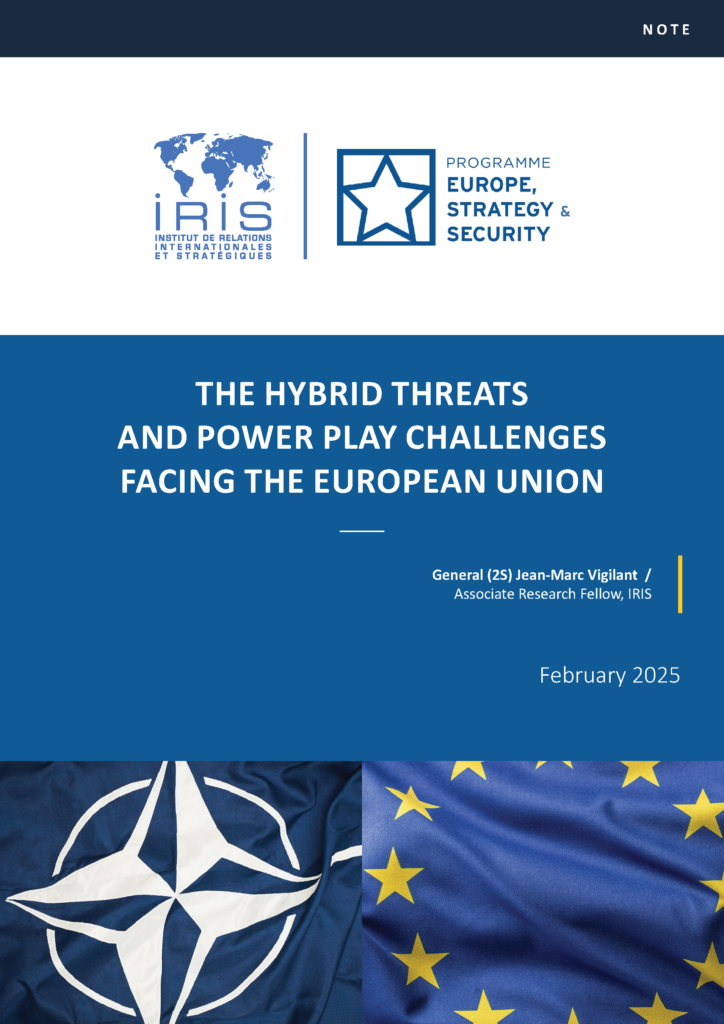Notes / Europe, European Union, NATO
22 January 2025
The Hybrid Threats and Power Play Challenges Facing the European Union

We are living in dangerous times as the world lurches from one geopolitical period to another and nations are again engaged in power play, not afraid to resort to violence to resolve their political disputes. Many international and domestic crises are interrelated, either because they share the same protagonists or because of their mutual impact.
Since Russia’s deliberate attack on Ukraine in February 2022, the threats lurking at Europe’s door have become more menacing, not least with the current changes in the geopolitical order in the Middle East and the ejection of French and European military forces from the Sahel now under the control of authoritarian powers. That said, the threat of terrorism which so excessively obsessed the western powers before the Russian invasion has not gone away. Western democracies are also threatened from within, by outside interference in their elections and manipulation of public opinion that have undermined the population’s confidence in the institutions and led it to distrust its politicians.
In an international context marked by massive upheaval, Europe appears as a weak and amorphous mass, incapable of defending its own interests, of exerting an influence on events, at the mercy of the decisions of other powers. But the planet’s predators are always quick to spot weaknesses, which they find provocative, and are happy to challenge who we are as Europeans by attacking, often surreptitiously, the things we care about the most. This is, in fact, the principle behind today’s hybrid strategies, which tend to remain below the detection threshold yet constitute attacks that are difficult identify and harder still to trace back to their
source.

